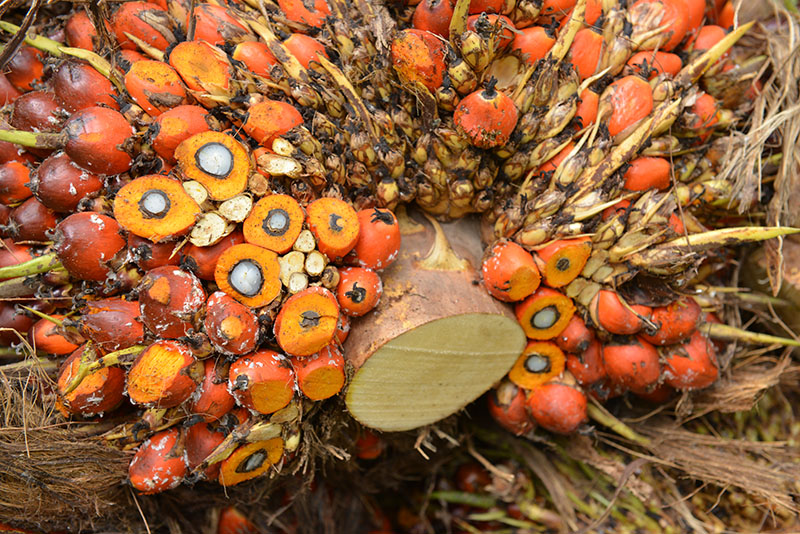
Junpalma is the leading organization behind the agreement, while Solidaridad and the Peruvian Association for Ecodevelopment (Sociedad Peruana de Ecodesarrollo) are its main facilitators. The Ministry of Agriculture and Irrigation (Minagri) is one of the public sector parties already on board, which will be instrumental in involving the Ministry of Environment and regional governments. The latter are already part of a public-private coalition for sustainable jurisdictions that promotes deforestation-free supply chains in Peru.
A national deforestation-free agreement for palm oil would contribute to the joint intent declaration signed by Peru, Norway and Germany to achieve deforestation-free production by 2021. The agreement will, however, need the commitment of producers, investment from the private sector and for action to be taken by the Peruvian government, to succeed.
Deforestation-free oil palm for sustainable livelihoods
Oil palm is cultivated in the Peruvian Amazon, which makes up just over 11% of the Amazonian biome. This area is an important focal point for Peru in terms of reducing emissions and sustainably managing forests and agriculture to fulfill international commitments in the face of the global climate crisis.
In Peru, oil palm can also replace illegal crops such as coca, a native plant whose leaves are used to make cocaine. During the 1990s, nearly 54,000 hectares of coca crops were replaced with oil palm according to Gregorio Saenz, General Manager of Junpalma, the Peruvian Palm Oil Producers’ Association.
A viable solution?
The viability of deforestation-free palm oil lies on limiting its cultivation to areas that have already been cleared of forest. One of the stepping stones in this agreement is to develop a business model that is both competitive and socially and environmentally sound, while taking into account that palm oil cultivation involves mainly smallholders.
Today we see a better context for more agile actions. Stakeholders are contributing to the process with their tools and knowledge, and the private sector is leading concrete actions towards sustainability.
– Lesly Vera, palm oil programme manager, Solidaridad.
Solidaridad is currently working on similar processes Colombia and Honduras.
Learn more about Solidaridad’s palm oil programme
